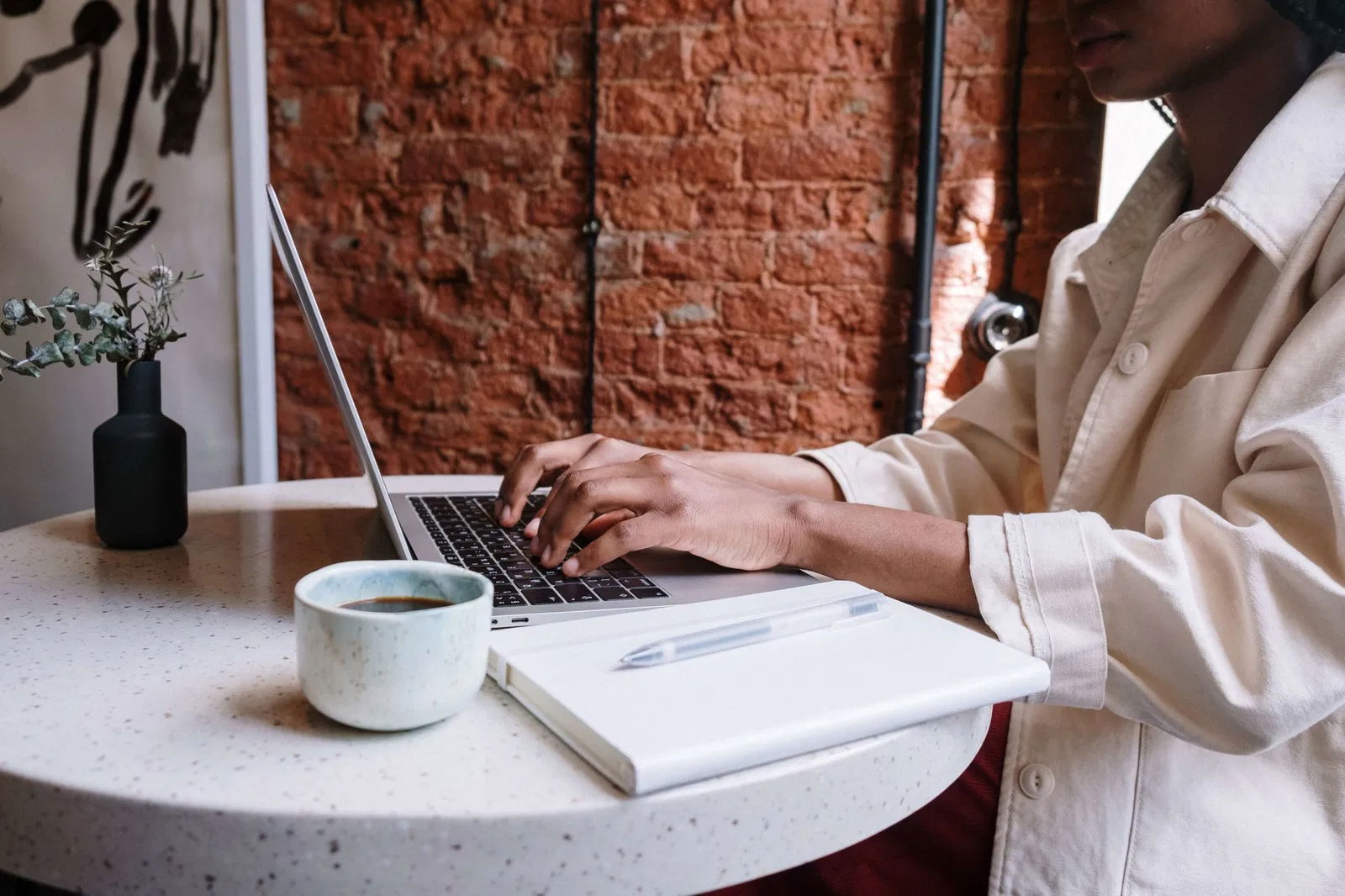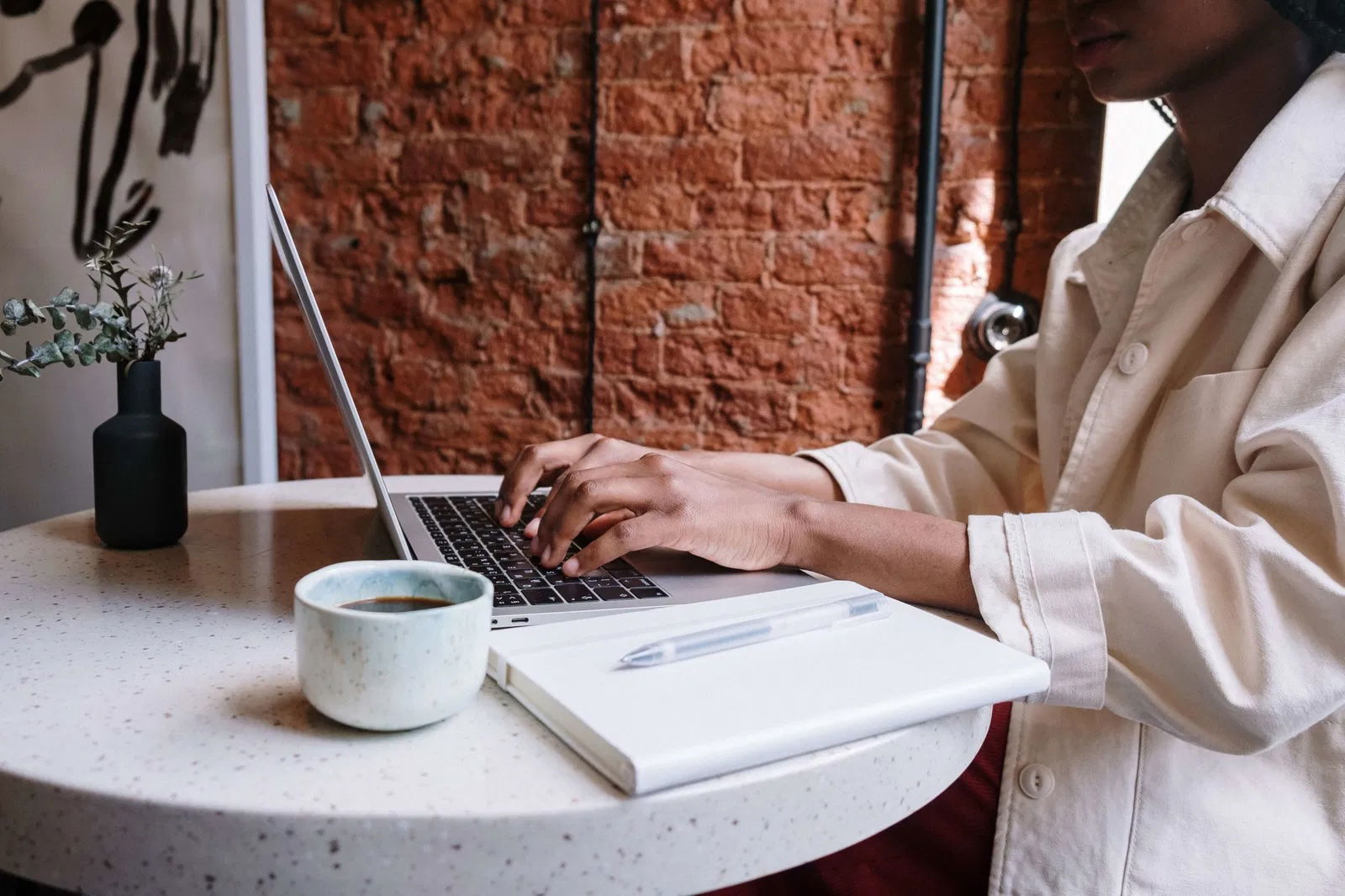We all suffer from procrastination from time to time. in fact, 20% of people experience their procrastination as a problem. Maybe you yourself tend to put off that difficult phone call. Or you watch cat videos when you should really be doing your tax return. One thing is for sure: The more you procrastinate, the harder it becomes to break this habit.
Do you tend to always put everything off until the last minute? Then definitely don't put off reading this article! In fact, you can learn how to tackle procrastination.
How do you stop procrastinating?

Why do I put everything off until the last minute?
You may be wondering why you always put off important things until the next day, or even days later. In fact, often the person who suffers the most is yourself. Many of us therefore see procrastination (procrastinating) as a problem to be solved. But it doesn't actually work that way. In fact, procrastination itself is not the problem; it is a reaction to a particular situation. In fact, stress is always the problem.
Procrastination is a way for many people to deal with stress. It's like giving yourself a short break from work - you can almost compare it to a smoke break. Therefore, if you want to overcome procrastination, it is essential to ask yourself some questions.
- Am I a chronic procrastinator or do my negative thoughts cause me to work against myself?
- Am I a chronic procrastinator or do my fear of failure and perfectionism cause me to be afraid to start?
- Am I a chronic procrastinator or does my low self-esteem cause me to think I cannot accomplish my tasks?
Many people think you are chaotic or even lazy if you suffer from procrastination. But actually, this is almost never the reason. Often it is aversion, stress or anxiety that cause you to keep putting off certain tasks. Because if you don't start the task, you don't have to face these difficult emotions.
How to tackle procrastination
Procrastination is a habit. You experience stress or anxiety and then procrastinate to avoid dealing with these difficult emotions. The more often you do this, the harder it becomes to break this habit. But that doesn't mean it's not possible.
You may now be wondering what the best thing to do when you catch yourself mindlessly scrolling through your social media while a full inbox is waiting for you. The first step is not to blame yourself for anything. Procrastinators are often already so hard on themselves. If this applies to you, it's important to show yourself compassion in such a moment especially. Remind yourself that you are doing your best. And that that is the best you can do in this moment.
Create a starter ritual
The best way to deal with procrastination is to create a starter ritual. This is nothing more than a custom that prompts you to start. For example, try the 5-second rule. Every time you notice that you want to put off an important task, count from 5 to 1 and decide to work on the task for 5 minutes. 5 minutes may not seem like much, but according to research, 80% will continue to work when the time is up.
The purpose of the starting ritual is to break the connection between the trigger and the consequence. In this case, the trigger is stress or anxiety and the consequence is procrastination. The next time you experience stress or anxiety, you have a choice. You either procrastinate and then bore yourself to death. Or you count backwards from 5 to 1 and decide to take the first step.
Starting a new task can be overwhelming. But remember, you don't have to see the final destination yet to take the first step. When you begin a new project, always focus only on the next step. With each step, you will become more confident and closer to your goal.
Meditation in overcoming procrastination
Meditation can also help you learn to better cope with procrastination. While meditating, you become aware of your own thoughts (including those that lead to procrastination). And only then can you catch yourself procrastinating.
Only when we are aware of our patterns can we stop and address ourselves again. This can sound like, "I know you are overwhelmed and doubting yourself. But I also know that you are more powerful than your fears. Simply start where you are now and do what you can do in this moment."
Did you know that meditation can also help you focus better? Research has shown that people who meditated for a few weeks scored 16% better at focusing on a reading comprehension exercise than people who did not meditate.
Also read: The impact of meditation on the brain.
Meditation works best when you practice regularly. You can compare it to a muscle: you have to train it regularly to make it grow. Therefore, we recommend that you make time for meditation every day. This doesn't have to be long at all. A 3-minute meditation at the beginning of your workday can already help you focus better during the day.
Written by:


















